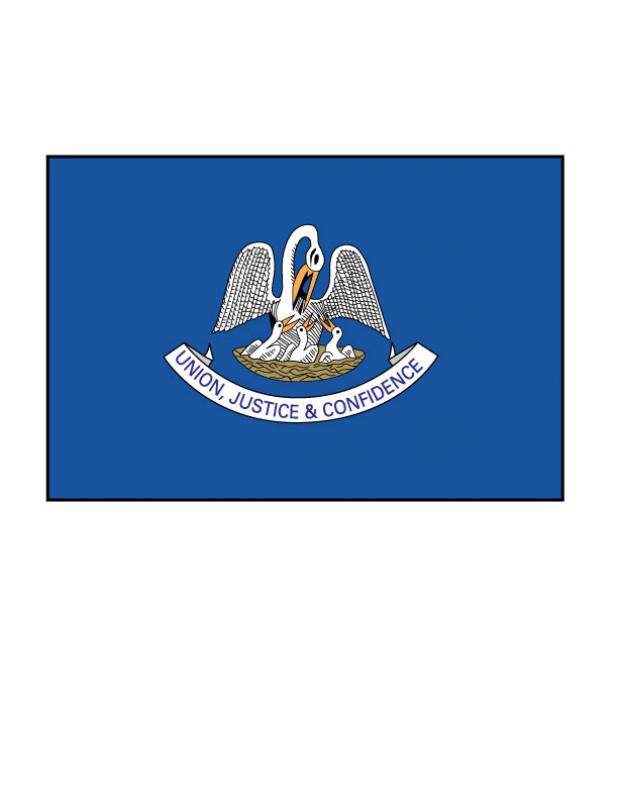
Louisiana Spotlight: Deficits prompt spending review
BATON ROUGE — Louisiana’s decade of financial problems may have a silver lining, forcing more scrutiny on how the state spends its money, what dollars agencies receive and what tax breaks the state gives its businesses and people.
Many lawmakers often avoid digging into the weeds of the state’s dense budget and tax issues. But amid years of perpetual budget shortfalls and deficits, more legislators appear to be trying to educate themselves — to learn how much money comes into the treasury and exactly where it goes.
They’re tracking bank accounts, enacting tighter controls over new escrow accounts and analyzing the dollars that agencies receive from fees, penalties, fines and other charges that often seemed off-limits for examination.
House Republicans have pushed for reviews of the multimillion-dollar contracts that agencies have. The Senate’s tax committee spent months combing through the tax breaks on the books. And lawmakers in both chambers have embarked on a study of the pots of money previous
Legislatures have locked away and protected from cuts.
This month’s meeting of the joint House and Senate budget committee was a prime example of the digging from lawmakers into Louisiana’s income and spending. The committee received a lengthy, new report showing where agencies have socked away money in bank accounts that roll over from year to year, never reverting back to the treasury for general use.
“It’s surprising that we really haven’t focused on that like we should, because it is a lot of money,” said Sen. Francis Thompson, a Democrat from Delhi.
The accounts contain millions of dollars. Some of the money can’t be touched and spent on state programs and services, like the dollars the health department holds for patients in state-run health facilities or the dollars state prisoners earn. But other cash could be reshuffled around to help with budget gaps or likely should at least be considered when lawmakers are drawing up the annual operating budget.
Lawmakers seemed a bit stunned to learn what they didn’t really know or review as they built their spending plans each year.
“It’s hard for somebody to come whine about us taking action on a budget item when you know they’re sitting on this other money that they know that they have. It’s like my kids asking for money to go to the concession stand but they’ve got $8 in their pocket,” said Senate Finance
Chairman Eric LaFleur, a Ville Platte Democrat who has pushed for more tracking of the bank accounts.
At one point as lawmakers looked through the spreadsheet documenting the millions rolled over by agencies from last year to the current financial year, LaFleur remarked: “It doesn’t seem like we have a real uniform policy or rationale behind why we do what we’re doing.”
Not all agencies get to hang onto dollars they generate during the year. Some have to turn whatever they aren’t authorized to spend over to the treasury when a budget year ends. The decision-making over how each agency is treated has been done piecemeal, through legislation over the years.
In other words, lawmakers at some point enacted these policies — and then apparently did little follow-up of their impact.
Barry Dusse, director of Gov. John Bel Edwards’ Office of Planning and Budget, told lawmakers that governor’s offices have taken those holdover dollars into account when filling budget gaps during midyear deficits and when building their proposals for upcoming budgets throughout the years. Lawmakers, Dusse reminded the joint budget committee, have approved spending those dollars as part of budget adjustments and annual spending plans.
State agencies can’t use the dollars they have unless the Legislature gives them the appropriations authority. So, lawmakers may not have been closely tracking the money, but they’ve still been spending it without paying much attention.
It’s not yet clear whether the new levels of scrutiny will substantially change lawmakers’ approach to balancing Louisiana’s budget. Efforts to substantially change Louisiana’s tax break spending or its protected funds have gone nowhere so far, despite the studying.
But if nothing else, lawmakers might at least be better informed.
Melinda Deslatte has covered Louisiana politics for The Associated Press since 2000. Follow her at http://twitter.com/melindadeslatte
